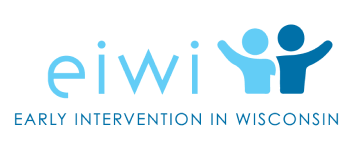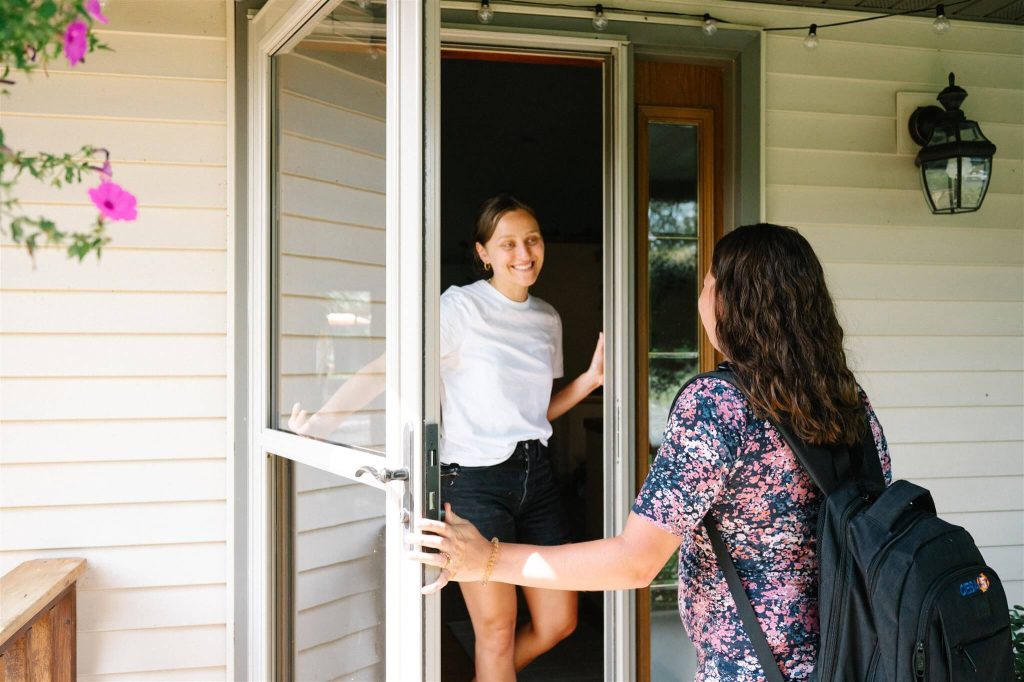Understanding the three global child outcomes adopted by the Office of Special Education Programs (OSEP)
The three global child outcomes adopted by OSEP and reported on by all state early intervention (Part C) and preschool special education (Part B/619) programs as part of their Annual Performance Report (APR) including:
- Positive social-emotional skills
- Acquisition and use of knowledge and skills
- Use of appropriate behaviors to meet needs
Homegrown Resources
OSEP Child Outcomes 101 Bundle: RESource developed a collection of resources to support quality IFSP outcomes in the Wisconsin Birth to 3 Program. Various Individual or Team Activities: Self-paced
National Resources
Child Outcomes Summary (COS) Process Quick Reference Guide: Guide to OSEP Child Outcomes and the process for rating. Includes Rating Definition and Criteria chart, and the Decision Tree for Summary Rating Discussions: Developed in partnership between the Early Childhood Technical Assistance (ECTA) Center and the Center for Early Childhood Data Systems (DASY). Guide – Read time: 15 minutes
COSF Rating Scale Descriptor Statements with Buckets: Visual representation of age expected, immediate foundational and foundational breakdowns for use as culminating statements of IFSP present levels of development descriptions in respective outcome areas. Chart – Read time: 5 minutes
Breadth of Child Outcomes: Materials from the Early Childhood Technical Assistance (ECTA) Center to demonstrate the breadth of the 3 child outcomes by providing a framework for describing and consistently measuring children’s functional skills and behaviors across settings and situations. Includes the visual Breadth of the Three Child Outcomes. Various Individual or Team Resources: Self-paced
Child Outcomes Step-by-Step: This video describes and illustrates the three child outcomes adopted by the Office of Special Education Programs (OSEP) and reported on by all state early intervention (Part C) and preschool special education (Part B/619) programs as part of their Annual Performance Report (APR). Video – Watch Time: 8:43
Child Outcomes Summary (COS) Process Module: Collecting & Using Data to Improve Programs: This online learning module provides key information about the COS process and the practices that contribute to consistent and meaningful COS decision-making. The module is self-paced, so it can be accessed as often as desired. Module: Self-Paced
Child Outcomes Summary-Team Collaboration (COS-TC) Quality Practice Checklist and Descriptions: Online Practice: This online learning site offers Early Intervention and Early Childhood Special Education providers an online copy of the ECTA Center COS-TC quality practice checklist and descriptions, and provides opportunities to practice with the checklist and descriptions by watching video clips of COS team meetings with families and rating the extent to which providers in the video used COS-TC quality practices. Practice Guide: Self-paced
Integrating Child and Family Outcomes into the IFSP Process Flowchart: Similar to the Early Intervention IFSP Process Flowchart this flowchart shows where opportunities to collect functional information for child outcomes measurement may be integrated throughout the IFSP or IEP process. Flowchart with resources: Self-paced
*Edelman, L. (Producer). (2011). Child Outcomes Step-by-Step (Video). Published collaboratively by ResultsMatter, Colorado Department of Education; Desired Results Access Project, Napa County Office of Education; and Early Childhood Outcomes Center. Retrieved from https://draccess.org/videolibrary




